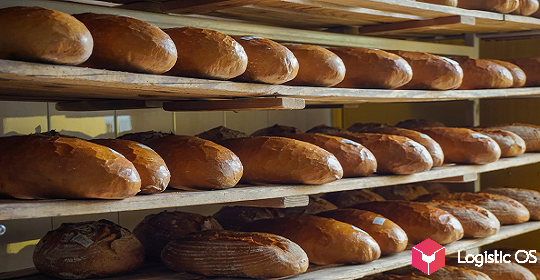At the beginning of this week, the freight for the transportation of a batch of wheat in the volume of 3 thousand tons cost $ 40. This is a very high figure.
Against this background, several more problems arise.
The first is the shortage of spot tonnage .
That is, ships that are ready to go on a voyage today or tomorrow. As prices rise, charterers are keen to close deals as soon as possible. Because of this, spot tonnage is in short supply.
The second — shipowners are not eager to make deals for distant dates, because they expect prices to rise by that time.
They are also not interested in taking long-haul flights , which involve spending a lot of time on the way.
For example, today it is very difficult to negotiate to charter a flight to Spain. Even if the charterer is willing to pay more than today’s price, the ship owner may decide that during this long voyage he will manage to make several short voyages at once and earn more in the end.
All this leads to additional shortages, overheating of the market and higher prices.
Today the most popular destinations are the ports of the Marmara Sea, as well as the Turkish ports of the Black Sea.
Are there any grounds for price reductions?
At the moment, they are not expected. In the near future, the transportation of grain harvested in most of the producing countries (Russia, Ukraine, Bulgaria, Romania) should begin.
This is an additional factor in further price growth.
There are great difficulties with the tender participants of the TMO (Turkish State Grain Council).
Those companies that participate in such a tender are very interested in winning, and therefore they are going to reduce their prices. However, the prices they offered at the tender took into account the old, not new, realities of the freight market.
As a result, the tenderers found themselves in a difficult position , as they would have to fulfill the contract at the same prices, incurring high transportation costs — or abandon the contract, paying forfeits and losing reputation.
The last two TMO tenders have been canceled altogether, and there is little doubt that this happened precisely because of the rise in freight prices.
According to a number of experts, prices will go down, most likely, only when the bulk of the new harvest grain will be transported.
And the peak stage of transportation this season may pass against the background of record high freight prices.

